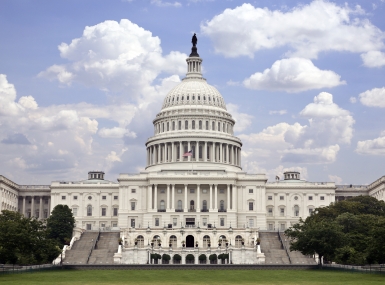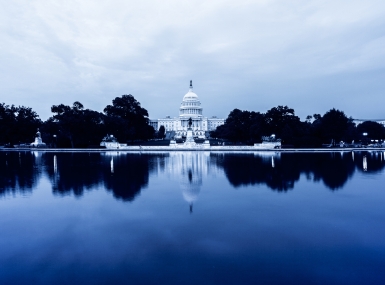U.S. Supreme Court hands Maryland counties expensive defeat
As the term nears its end, U.S. Supreme Court decisions are rolling out the door. Three of the latest are of special interest to local governments. Maryland. v. Wynne
Counties in Maryland face refund ing $200 million to state taxpayers in the aftermath of the U.S. Supreme Court decision in Maryland State Comptroller of the Treasury v. Brian Wynne, The 5-4 decision found the state's practice of allowing tax credits against state income taxes, but not against so-called "piggyback" county income taxes to be unconstitutional.
The decision will have a signifi cant impact on the state's counties, according to the Maryland As sociation of Counties. Reports in The Baltimore Sun say Baltimore, a county-equivalent, had set aside $4.2 million to reimburse city taxpayers. It is expected to lose $1.4 million annually in revenue. The hardest hit is Montgomery County with revenue losses expected to run $24 million annually.
No decision on ADA impact on arrests
In a 6 2 decision, the Supreme Court declined to decide one of the most important questions this term for state and local government: whether Title II of the Americans with Dis abilities Act (ADA) requires police officers to accommodate suspects who are armed, violent and mentally ill when bringing them into custody.
When police officers entered Teresa Sheehan's room in a group home for persons with mental illness to take her to a hospital for psychiatric care, she threatened to kill them with a knife she held, so they retreated. Before backup arrived, the officers decided to reenter her room to prevent her from gathering more weapons or escaping. Upon reentry, Sheehan still had the knife in her hand and yelled for them to leave. One officer pepper sprayed Sheehan but she refused to drop the knife. The officers then shot her multiple times but she survived.
Title II of the ADA provides that qualified individuals with a disability must be able to participate in the "services, programs, or activities of a public entity," and that their disability must be reasonably accommodated.
The 9th Circuit held that the ADA applies to arrests and that a jury should decide whether the police officers should have accommodated Sheehan by, for example, respecting her comfort zone, engaging in non-threatening communications and using the passage of time to defuse the situation.
The Supreme Court expected San Francisco to argue that Title II doesn't apply to arrests at least until the scene is secure. Instead, San Francisco ar gued that Sheehan wasn't a qualified individual with a disability because she was a "direct threat" to the officers.
Because the parties did not have a clear dispute over whether Title II of the ADA applies to arrests, the court dismissed the issue. But it did hold that the officers in City and County of San Francisco v. Sheehan were entitled to qualified immunity.
Qualified immunity protects government officials from such lawsuits where the law they violated isn't "clearly established" such as the application of ADA to arrests.
Stay tuned; the court is likely to again hear a case involving the ques tion of whether and when the ADA applies to arrests.
In other Supreme Court business
The court has denied a petition from the Pharmaceutical Research and Manufacturers of America that challenged an Alameda County, Calif. ordinance, adopted in 2012, requiring drug producers to collect, transport and dispose of unwanted prescription drugs. Similar ordi nances have been adopted by King County, Wash. (June 2013), the City and County of San Francisco (March 2015) and San Mateo County, Calif. (April 2015).
Attachments
Related News

County Countdown – Dec. 15, 2025
Every other week, NACo's County Countdown reviews top federal policy advocacy items with an eye towards counties and the intergovernmental partnership.

U.S. Congress passes reconciliation bill: What it means for counties
On July 3, the U.S. Congress passed sweeping budget reconciliation legislation.

U.S. Senate passes amended reconciliation bill text: What it means for counties
On July 1, the U.S. Senate narrowly passed their version of sweeping budget reconciliation legislation.

